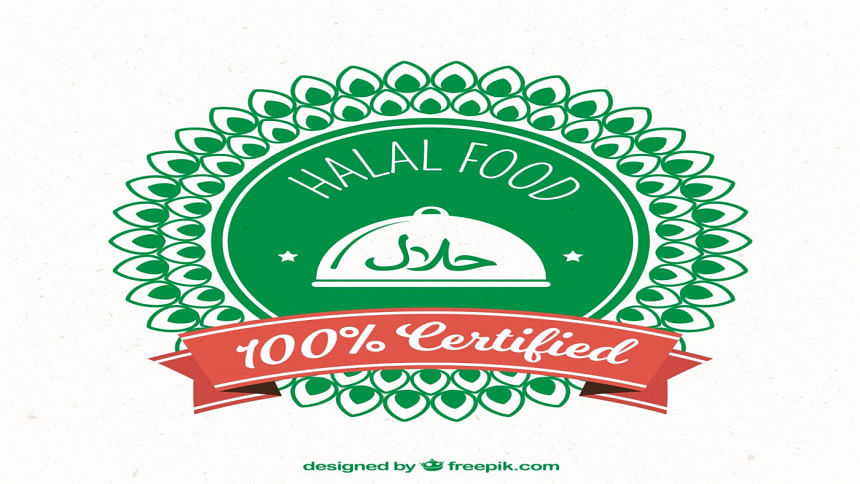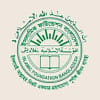First ever policy on halal certification comes to light

The government has framed a policy on halal certification in order to facilitate the local production and marketing of shariah-compliant foods, pharmaceuticals and cosmetics.
From now on, businesses making, exporting and importing goods marketed as halal will require the certification and associated logo, according to the policy issued by the Bangladesh Islamic Foundation (BIF) last week.
"This policy will be a guideline for halal certification," said Md Abu Saleh Patwary, deputy director for halal certification at the BIF, which operates under the Ministry of Religious Affairs
This is the first policy for halal certification by the BIF, which drafted the rule in 2015 with the aim of promoting halal products and thereby enabling local producers to cater to global demand.
Patwary said the policy gone through changes and refinement before finalisation.
In its halal certification policy, the BIF said it would issue certificates and the halal logo to companies on behalf of the government. The certification will have a tenure of one year.
"But the tenure could be extended by two-three years depending on the standard of factories," said the policy issued last week.
As per the policy, authorities will conduct sudden inspections or verifications to ensure that products marketed as halal are made in line with relevant rules.
The BIF said no raw materials, ingredients or additives can be used to make and market foods or consumer goods, cosmetics and pharmaceuticals that are not halal under shariah.
Good manufacturing practices and standard sanitation operating procedures will also have to be followed in making the goods, it added.
Besides, no halal food items can be produced, processed, packaged, stored or transported along with items prohibited by Islamic law, according to the policy.
The BIF said herbal, Unani and ayurvedic medicine would be included in the halal certification in case of pharmaceuticals.
It also said life-saving drugs would be treated as halal, with drug makers allowed to use 0.5 percent alcohol as a carrier or to ensure quality of the medicine.
Additionally, the policy bans the use of fat or any other portion of any prohibited animals in making cosmetics such as soap, shampoo, toothpaste and perfumes.
As such, halal certification will be mandatory in case of marketing imported cosmetics as halal.
Besides, no cosmetics that are harmful to health will be accepted as halal, the BIF said.
The BIF also mentioned annual fees for halal certification and logo depending on the size of the factories and slaughter house.
Small factories having Tk 1-5 crore investment will need to pay Tk 5,000 as a fee.
The fee is double for factories with investments of Tk 5 crore to Tk 50 crore while about Tk 20,000 will be applicable for large plants having more than Tk 50 crore investment.
Meanwhile, the fee for slaughterhouses range from Tk 5,000 to Tk 20,000 depending on their processing capacity.
The halal certification fee for local hotels and restaurants will be up to Tk 2,000, according to the policy.
Bangladesh already has 179 companies that have got halal certification from the BIF. The firms produce around 1800 items, Patwary said.
Of the companies that got approval for making and marketing halal products, 62 export more than 200 products to various countries, he added.
Patwary also said the global market for halal items worth more than $3 trillion and is expected to grow to $7 trillion by 2025.
In case of Bangladesh, he said there is no data on the market size for halal foods and other items.
But according to his guestimate, the market size is worth several thousand crores of taka.

 For all latest news, follow The Daily Star's Google News channel.
For all latest news, follow The Daily Star's Google News channel. 







Comments